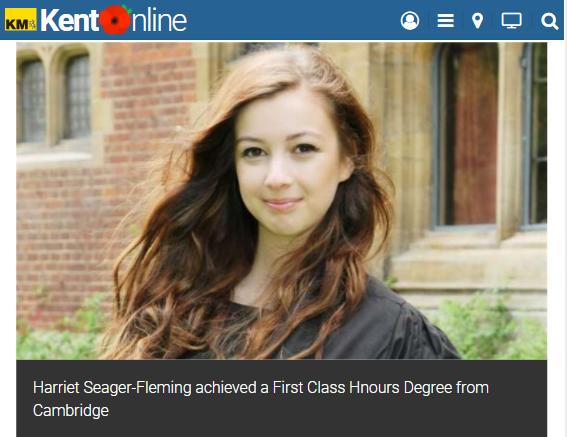 Is there a comprehensive future?
Is there a comprehensive future?
Our new webinar on December 10th involves four exciting speakers with different perspectives on the issue of comprehensive education. There’s John Bercow, former Speaker of the House of Commons; Dr Mary Bousted, joint general secretary of the NEU; Danny Dorling, a leading academic exploring issues of social justice and inequality; and Thelma Walker, a former member of the education select committee. We expect tickets to sell out fast, so book now if you’d like to attend. Find out more and book a place HERE.
 Campaign for State Education (CASE) AGM
Campaign for State Education (CASE) AGM
Comprehensive Future vice chair, Melissa Benn, is a guest speaker at the CASE AGM, alongside Kevin Courtney, joint general secretary of the NEU. The theme is, ‘Education – things must change!’
Please show your support for CASE and attend what promises to be an excellent event. Learn more HERE.
Schools Week recently reported on the failure of the Selective School Expansion Fund to boost numbers of disadvantaged pupils in grammar schools. Despite the money being given specifically to improve access for poorer children, some selective schools became less inclusive. It’s worrying that there has been no announcement about whether this flawed fund for grammar school expansion will continue. Read more HERE.
 New research highlights the problems with selection
New research highlights the problems with selection
A new report by the IFS and the Centre for Education Policy and Equalising Opportunities, written for the Social Mobility Commission, looked at how the earnings outcomes of children from different backgrounds vary across local authorities, and found that selection could be a factor. The Guardian wrote about the findings with a look at the Chilterns in selective Bucks. A follow-up letter in the paper highlighted the failure of Bucks County Council to acknowledge the problems in the county. The study is well worth reading, and we review the key points here.
A recent report by PISA also highlighted the inequality caused by selecting children to different education pathways at a young age. We report on the findings here.
 The logic flaw at the heart of the 11-plus test
The logic flaw at the heart of the 11-plus test
Dr Sam Sims of the UCL Institute of Education wrote an excellent article in Schools Week discussing the fact the 11-plus text can not be both accurate and fair. IQ tests are a flawed measure, and as Sims points out ‘intelligence is only half the story’, with pupils known to succeed due to a mix of factors, including hard work and intellectual curiosity. So any 11-plus test based on one factor alone can not be accurate. Modern 11-plus tests seem to test a mix of IQ and curriculum skills, with English and Maths papers offered alongside ‘reasoning’ papers. However curriculum subjects obviously benefit from good teaching and practise, so lessons with private tutors are likely to increase the chances of wealthy pupils passing, and this test can not be fair for all children. As Sims says, ‘it’s time the 11 Plus retired from the game. ‘ Read more HERE.
 The evidence for postponing the 11-plus
The evidence for postponing the 11-plus
Matt Western, the Labour MP for Warwick and Leamington, asked a parliamentary question on the evidence the DfE used for its recommendation that grammar school tests were postponed. Nick Gibb responded and said, ‘It is unlikely that children will have performed at the best of their ability at the beginning of September this year… Several studies have shown that disadvantaged children have been disproportionately affected by the period of school closure.’ Yet test for thousands of children went ahead in September, with grammar schools in Lincolnshire and Birmingham among those choosing to ignore the DfE message. Most 11-plus tests were moved to mid-October, and obviously, no evidence was provided on how much difference just five or six weeks of school will have made to disadvantaged pupils. The response can be read in full HERE.
 An 11-plus “failure” speaks out against the system
An 11-plus “failure” speaks out against the system
Harriet Seager-Fleming failed the Kent Test, and a grammar school appeal chair said she couldn’t cope with the academic demands of a grammar school. Despite this, she excelled at school and achieved a First Class Honours degree from Cambridge University. In a powerful interview with Kent Online she was asked what she would say to the man who once said she wouldn’t cut it at a grammar school, Harriet said, “I’d tell him, politely, that people in positions like his shouldn’t put limitations on others when they are so young. They don’t take into account the impact something like that can have on an 11-year-old.” Read the article HERE.






